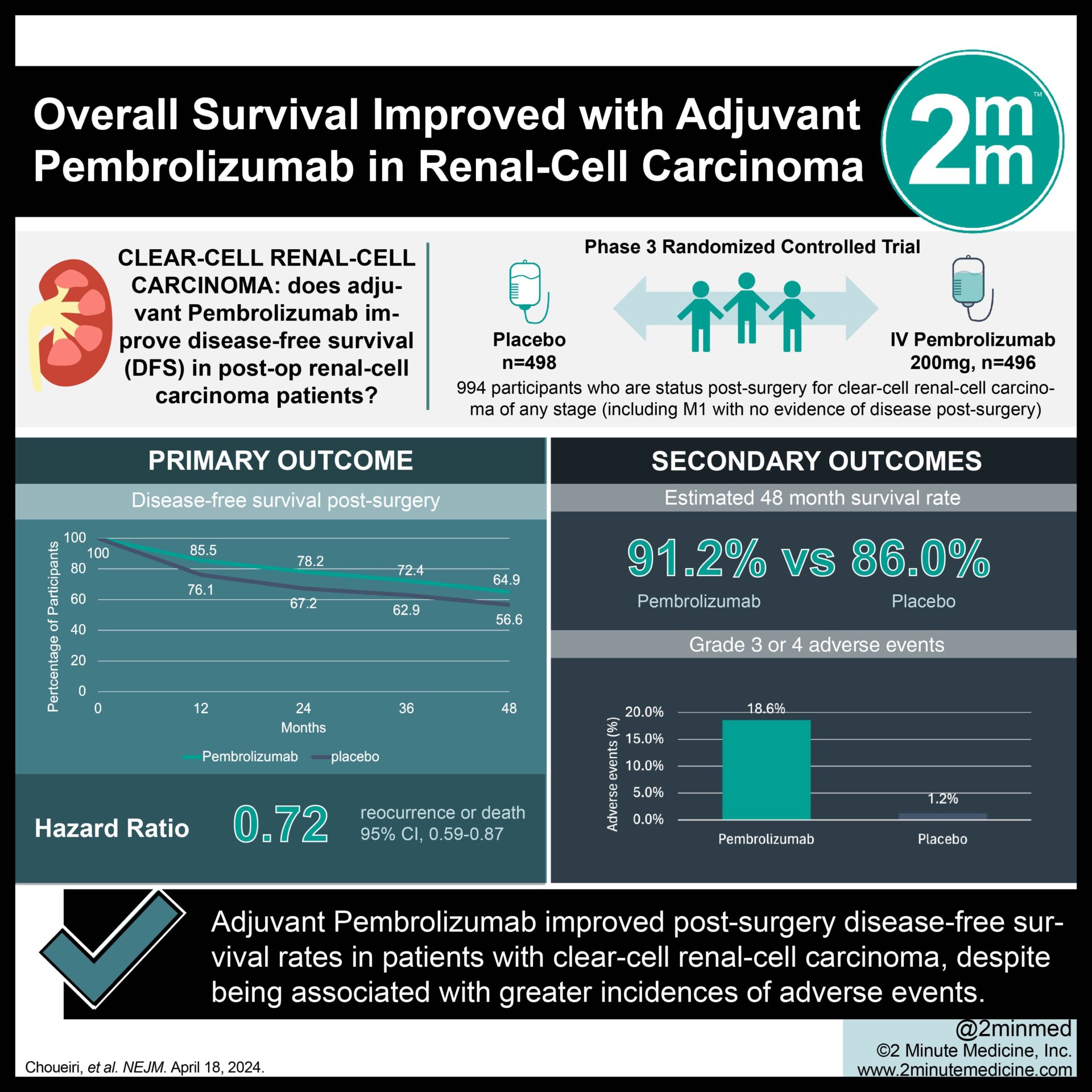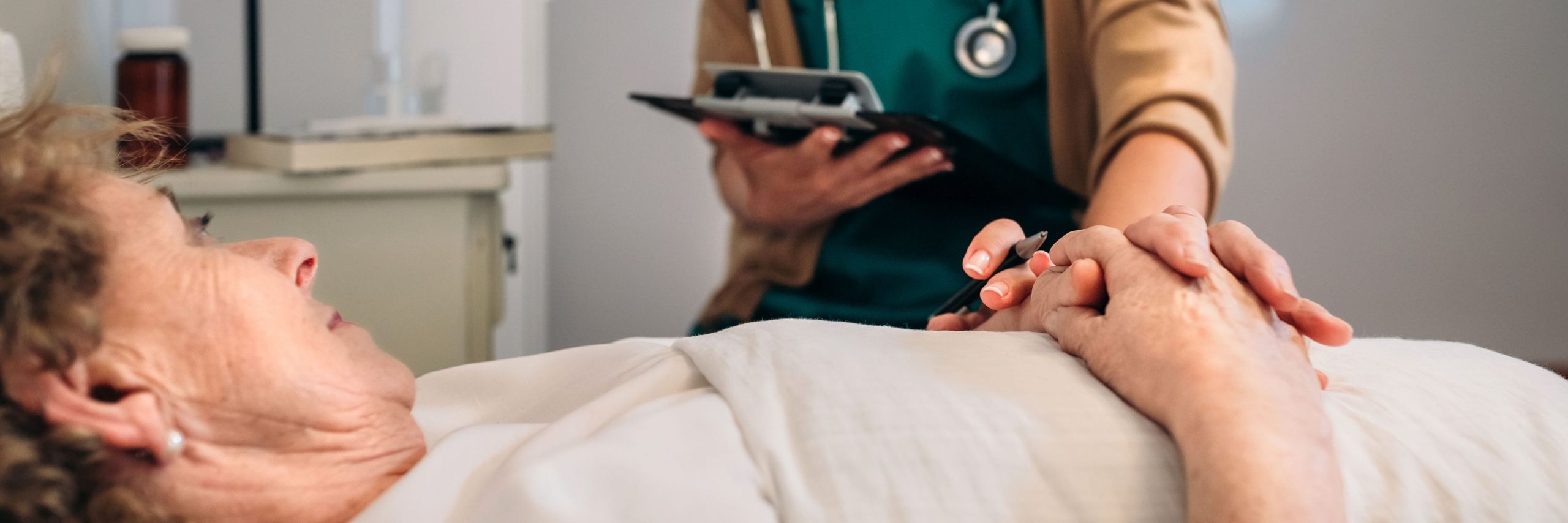Dyspnea is frequently a debilitating symptom in chronic obstructive pulmonary disease (COPD). Cannabinoid receptor agonists have potential to alter dyspnea in these patients.
To determine if dronabinol, a pure cannabinoid, improves dyspnea and exercise tolerance in COPD.
In this double-blind randomized, cross-over pilot study, COPD patients received up to 20mg oral dronabinol or placebo daily for six weeks with an intervening washout period. Dyspnea and fatigue were assessed using Borg scale at rest and after an incremental shuttle walk. Functional status, mood, and depression were measured using St. George’s Respiratory Questionnaire (SGRQ), Pulmonary Functional Status and Dyspnea Questionnaire (PFSDQ) and Geriatric Depression Scale (GDS).
Eleven subjects (with mean FEV 50.8 ± 24.8%) completed the study with no improvement in dyspnea at rest or post exercise taking dronabinol vs. placebo (Borg scale 0.27, 95% CI -0.59 to 1.14 vs. 0.23 points, 95% CI -0.71 to 1.07 at rest and 0.82, 95% CI -0.59 to 2.22 vs. 0.36 points, 95% CI 0.13 to 2.78 post-exercise; p=0.94 and p=0.69 respectively). Dronabinol compared with placebo showed no significant change in PSFDQ dyspnea scores (0.64, 95% CI -3.92 to 5.20 vs. 5.0, 95% CI -6.29 to 16.29; p=0.43) or shuttle walk distances (20.7 m, 95% CI -21.5 to 62.8 vs. 13.7 m, 95% CI -24.8 to 52.2; p=0.69). There were no significant differences in fatigue at rest and post-exercise, SGRQ scores or GDS scores.
In this pilot study, dronabinol did not significantly improve dyspnea or exercise capacity compared with placebo.
JCOPDF © 2024.


















